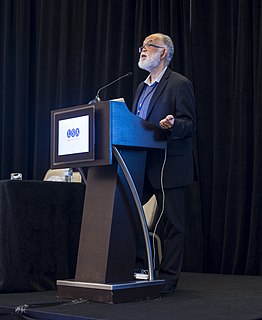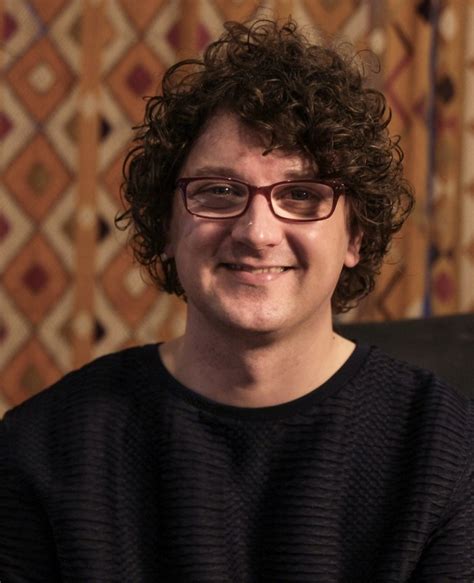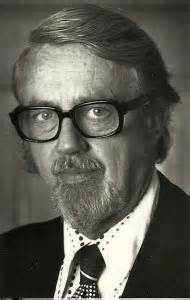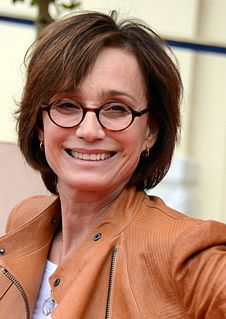A Quote by William Labov
This African American Vernacular English shares most of its grammar and vocabulary with other dialects of English. But it is distinct in many ways, and it is more different from standard English than any other dialect spoken in continental North America.
Related Quotes
Black English is something which - it's a natural system in itself. And even though it is a dialect of English, it can be very difficult for people who don't speak it, or who haven't been raised in it, to understand when it's running by quickly, spoken in particular by young men colloquially to each other. So that really is an issue.
Well, English is no problem for me because I am actually English. My whole family are English; I was brought up listening to various forms of the English accent. Obviously there are more specific ones that get a little bit tricky. Same with American stuff. But because in Australia we're so inundated with American culture, television, this that and the other, everyone in Australia can do an American accent. It's just second nature.
Malcolm Bradbury made the point, and I don't know whether it's a valid one or not, that the real English at the moment is not the English spoken in England or in America or even in Canada or Australia or New Zealand. The real English is the English which is a second language, so that it's rather like Latin in the days of the Roman Empire when people had their own languages, but had Latin in order to communicate.
English is the largest of human tongues, with several times the vocabulary of the second largest language -- this alone made it inevitable that English would eventually become, as it did, the lingua franca of this planet, for it is thereby the richest and most flexible -- despite its barbaric accretions . . . or, I should say, because of its barbaric accretions. English swallows up anything that comes its way, makes English out of it.


































